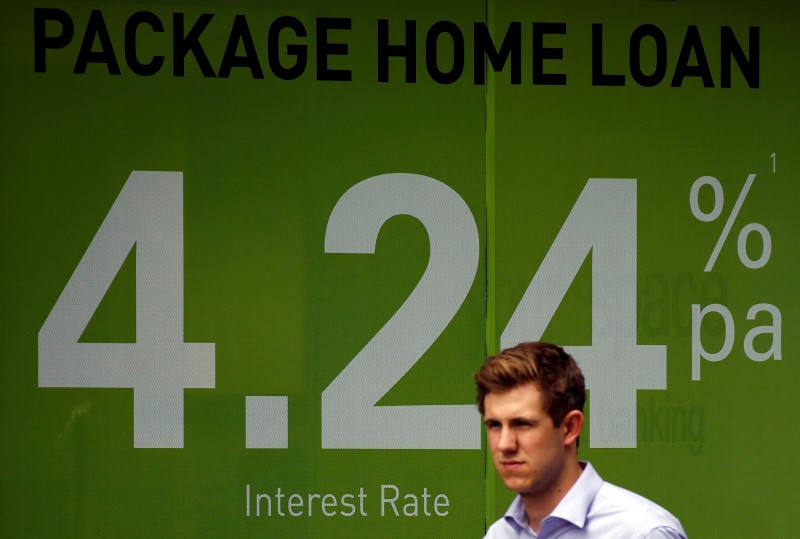Large Australian companies have been granted a six-month extension until 2025 to incorporate climate-related information in their financial reports.
Treasurer Jim Chalmers last week introduced the amendments to the Corporations Act — the first step of a proposed framework that aims to promote investment in the net-zero economy transition. This is part of a broader framework that will eventually encompass thousands of businesses and organisations.
Chalmers highlighted the legislation's role in facilitating high-quality climate-related financial disclosures. He emphasised the importance of the framework in providing the necessary transparency and certainty for investments in net-zero transition opportunities.
“This legislation will introduce standardised, internationally aligned reporting requirements for businesses, to ensure they are making high-quality climate‑related financial disclosures,” Chalmers said.
“Our changes will establish Australia’s climate risk disclosure framework, giving investors and companies the transparency, clarity and certainty they need to invest in new opportunities as part of the net-zero transformation.”
Many already voluntarily reporting
Research by the Australian Council of Superannuation Investors indicates that the majority of ASX 200 companies are already voluntarily reporting under an international climate framework, suggesting readiness for mandatory compliance.
Louise Davidson, the council’s CEO, said mandatory reporting would enhance understanding of climate change management across the economy and aid in navigating the risks and opportunities of a low-carbon transition.
This new legislation categorises companies into three tiers, with varying deadlines for starting climate-related disclosures.
The largest firms, meeting specific revenue, assets, or employee criteria, will begin reporting in the financial year starting January 1, 2025, having been pushed back from July. The Australian Accounting Standards Board is developing detailed reporting requirements, which will be included in annual sustainability reports.
Business Council of Australia CEO Bran Black supports the legislative change, highlighting that the extended timeline will help companies adapt to the new reporting standards and improve investment decision-making regarding climate risks and sustainable alternatives.
“Climate-related financial disclosures will be imperative to allowing more informed decisions on future investments, including attracting and retaining capital in Australia,” Black said.
“Investors and shareholders need certainty and visibility that companies are managing their climate risks in line with international standards and that projects support the move to cheaper and cleaner alternatives.”
